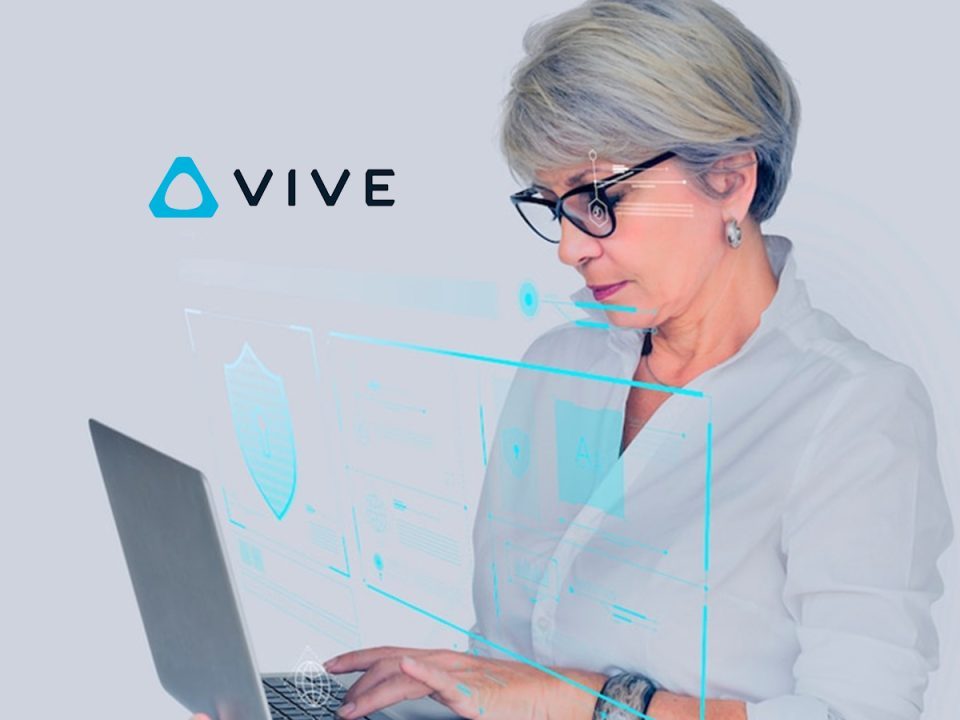Survey shows that XR significantly improves skill development, customer experiences, and operational efficiencies, with 9 out of 10 surveyed highlighting the importance of strong privacy and security measures
Premier virtual reality (VR) and extended reality (XR) company HTC VIVE has released a report on the financial service industry’s adoption of XR, based on an independently run survey. In the report, titled “XR Applications in the Financial Industry,” findings reveal that 92% of professionals surveyed have seen a positive ROI from XR technology, only two years after implementation at their firm. Additionally, a significant majority (82%) expect their company to increase investment in XR technology in the next 5 years.
Those are among the topline results based on HTC VIVE’s 2024 survey of 400 financial services professionals. Additional key findings include:
- 84% of professionals found that the introduction of XR to their training programs has positively impacted employee skill development.
- 77% of survey respondents said that XR has improved customer experiences.
- 80% agreed that XR has increased operational efficiencies.
“We’re seeing a significant uptick in investments in XR in the financial service industry, and our report demonstrates a clear reason why: XR positively impacts employee education and skill retention, improves the customer experience, and returns a positive ROI,” said Daniel O’Brien, GM of Americas at HTC VIVE. “These companies are focused on improving the bottom line, and they’re discovering that XR technology has a direct impact on the health of their businesses. They realize that now is the time to invest in XR so they don’t lose ground to their competitors.”
Additionally, survey results showed that privacy and security are top of mind for financial professionals. The finance sector has suffered more than 20,000 cyberattacks since 2004, amounting to USD $12 Billion in losses according to the IMF. This highlights the importance of working with XR companies that prioritize device security, conduct regular audits, do employee training on protocols, and incorporate advanced encryption techniques. These measures, along with others such as penetration testing, can help ensure that security programs adhere to the requirements of regulatory bodies such as the OCC.
Read More on Fintech : Global Fintech Interview with Sadra Hosseini, CEO at Ryft
Financial services professionals also use XR technology for data visualization to enhance comprehension, decision-making processes, and client interactions. For those who use XR in this role, 59% reported an increase in the employees’ engagement and interaction in financial education programs.
XR technology can also have a positive impact on brand reputation. 53% of respondents said that the technology contributes to their customers’ perception of their organizations as being “modern” and “cutting-edge,” leading them to have a more favorable impression of the institution.
In summary, results showed that XR helps with employee education, leading to better customer experiences and operational efficiencies. Additionally, security-focused XR devices offer a safe way to engage employees in an age of rampant cyberattacks that pose a risk to financial institutions and their customers.
Catch more Fintech Insights : Global Fintech Interview with Kapil Kale, Co-founder and COO of Tremendous
[To share your insights with us, please write to psen@itechseries.com ]
